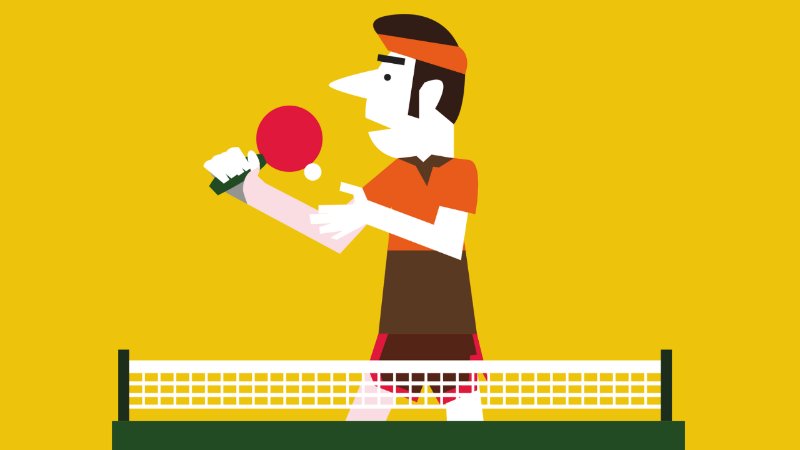
A player I coach, Paul, had a frustrating experience in his league matches last week. Paul is in his early 60s and is very competitive – maybe a little too competitive – and this can often result in him rushing his shots, playing too aggressively and making too many errors. He is so eager to win, he often defeats himself.
And this is what happened last week. He arrived at his league match, determined to play a slightly more controlled game. And he started well, winning the first game of the evening 11-5. But it all went downhill from there. In the second game, he lost the first three points and this was the trigger for Paul to start rushing his shots, losing his shape and making errors.
This continued for the rest of the evening and Paul lost all games and all matches. It was only after all the matches had finished that he was able to reflect on what went wrong and what he should have done instead. As he said to me, his opponents didn’t hit many winners – they didn’t have to – Paul was too busy losing all the points with his unforced errors. An easy night for his opponents.
In our coaching session, we worked on playing with more patience. Paul is playing in the lowest division of our league, so it’s not necessary to try and blast his opponents off the table. Players in this division don’t have the ability to play a high quality and consistent attacking game. He can afford to be a bit more patient. This means using a few more controlled attacks and some extra pushes where necessary. He can test out the consistency of his opponents. Let them play a bit and see if they can play a few shots without making an error.
At this level, being a bit more patient will bring more success. Because players haven’t developed strong (and consistent) attacking skills, the player who can keep the ball on the table for the longest, usually wins.
As well as being more patient, I got Paul to focus on his ball placement. This is a hugely effective way of winning points at this level (and any level). By focusing on where he puts the ball and making the other player move and reach and play weaker shots, he can win points without needing too much power. Patience and placement will put enough pressure on his opponents at this level to win a lot of points.
We put this to the test in some practice matches. I usually play left-handed in these practice matches with Paul to make it a more even contest. And it is usually 50/50 who wins. But with his more patient approach – and focus on placement and pressure – Paul won quite easily. I am OK with my left hand, but still make many errors. By moving me around and making me hit more balls, I made more errors than usual. Paul still attacked with power sometimes, but he was far more selective about which ball to hit hard. His shot selection was better, as he wasn’t trying to rush his attacks all the time.
Hopefully this will be a eureka moment for Paul. He doesn’t need to rush all his attacks and play too aggressively. There are other ways of winning, especially at lower levels, which are likely to be much more successful. To sum it up for Paul, I told Paul he can adopt a new persona when playing – Patient Paul. I told him to keep focusing on these ‘P’ words – Patience, Placement and Pressure. And quick as a flash he responded with “Prevents a Piss-Poor Performance”. Genius!
